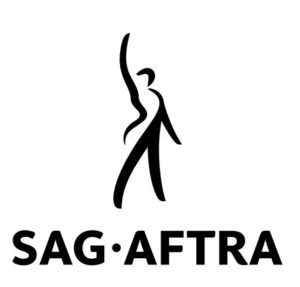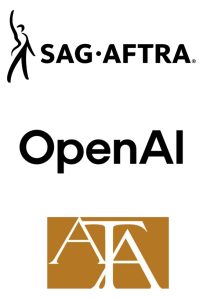 SAG-AFTRA’s 2025 National Convention concluded in Los Angeles on Sunday after three days of discussions, elections, and resolutions under the theme “Connect, Engage, Empower.”
SAG-AFTRA’s 2025 National Convention concluded in Los Angeles on Sunday after three days of discussions, elections, and resolutions under the theme “Connect, Engage, Empower.”
President Sean Astin highlighted member participation and unity as the union prepares for continued change across the entertainment industry. Delegates debated 22 member-authored resolutions and passed 17, setting priorities for the next two years.
National Executive Director Duncan Crabtree-Ireland addressed major legislative and contract developments, including progress on the federal NO FAKES Act, expanded A.I. protections, and the new Interactive Media Agreement, which followed a year-long strike.
Newly re-elected Executive Vice President Linda Powell and Secretary-Treasurer Michelle Hurd also delivered remarks, emphasizing collaboration, mentorship, and optimism about the union’s future amid industry transformation.
The next SAG-AFTRA National Convention will take place in 2027.

